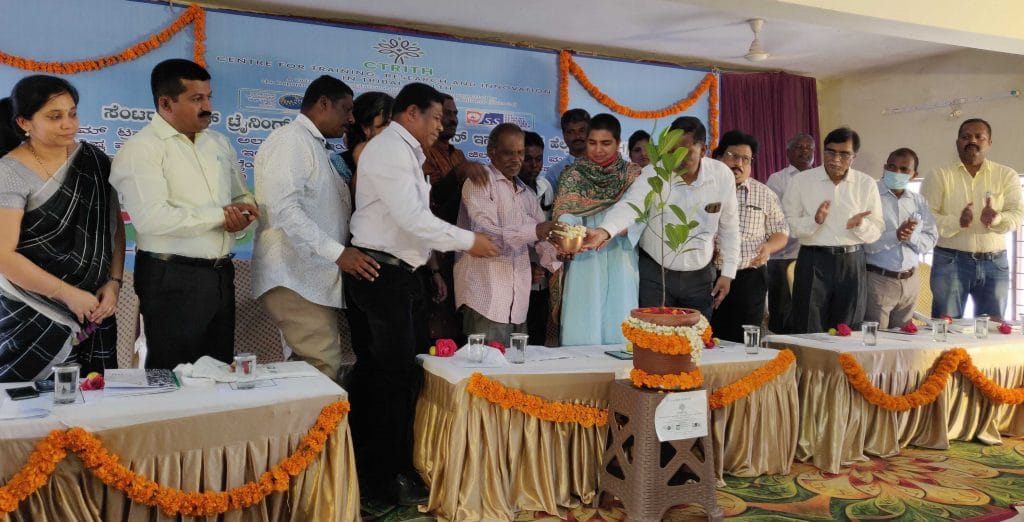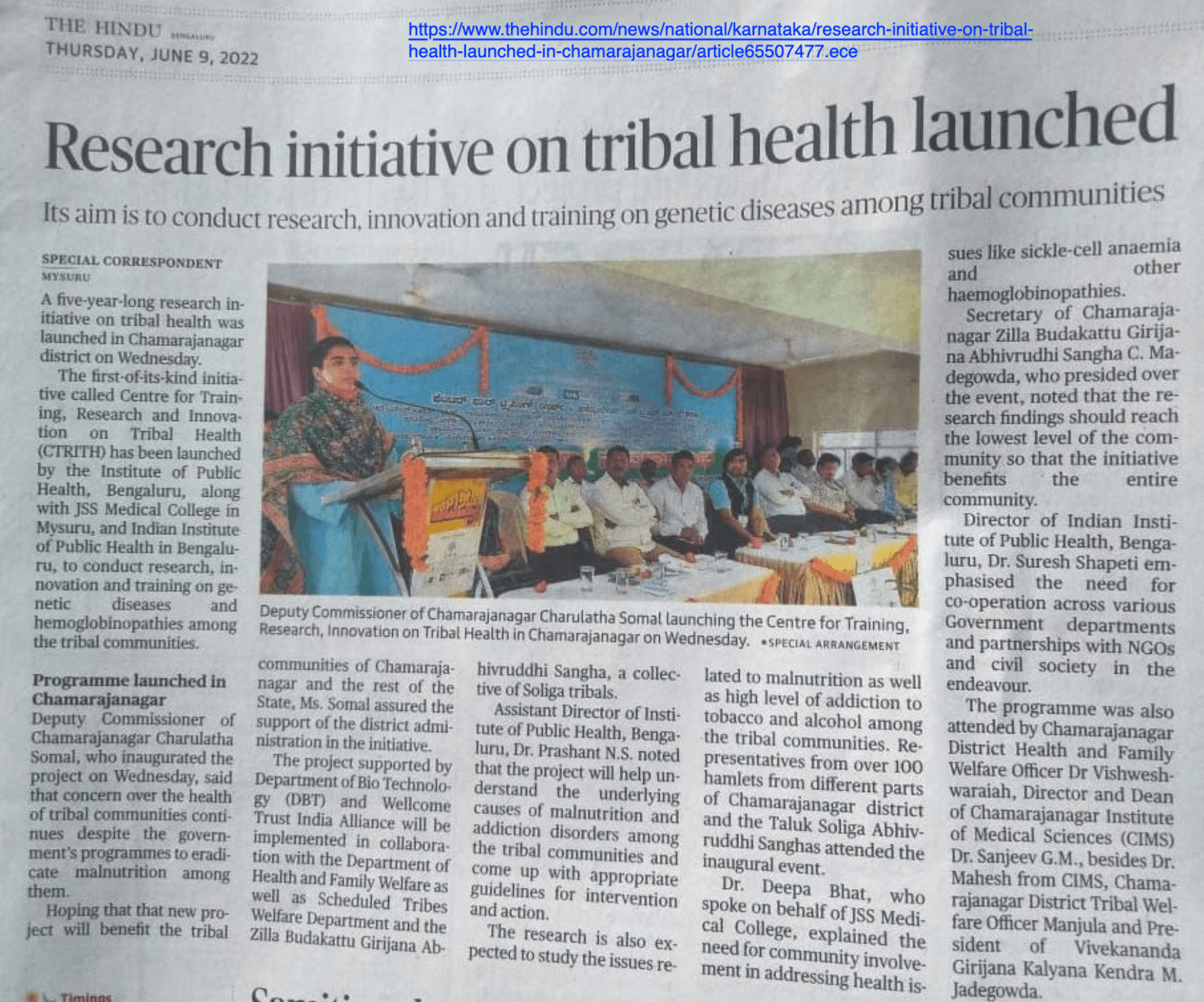
National Consultation on ‘Implementation of Tobacco Control Policies in India’
India has comprehensive tobacco control policies in place to address the growing problem of tobacco use, but their effectiveness differs among states due to diverse socio-economic, demographic, cultural, political, commercial, and geographical factors. Using a realist lens to understand what works, for whom and why in tobacco control, the Anushthana team at the Institute of Public Health Bengaluru (IPH) in association with the International Union Against Tuberculosis and Lung Disease (The Union) organized a two-day national consultation on tobacco control policies at The Chancery Pavilion, Bangalore from 6-7 July, 2023.
The consultation brought together state-level government officials, public health experts, researchers, academicians, civil society organizations, and tobacco control advocates to design strategies to curb tobacco use and promote public health. On the first day, Shri Dinesh Gundu Rao, Minister for Health & Family Welfare, Govt of Karnataka, graced the occasion by unveiling a short documentary and a policy brief developed by the research team at IPH Bengaluru. The consultation had three panel discussions: 1) Sustainability and scale up of current good practices related to tobacco control policy implementation, 2) Policy recommendations, newer initiatives & State level COTPA amendments, and 3) Strategies to counter persisting challenges in implementing COTPA, NTCP and newer legislations, including a session on the political economy of tobacco by Dr. Upendra Bhojani and a group activity on recommendations for the updation of the COTPA Law enforcers manual.
Keeping in line with a focus on policy guided by implementers’ wisdom, one of the key strengths of the consultation was the panel discussions consisting of state nodal officers working in tobacco control, civil society members, academia, and the medical community of various Indian states who shared the context-specific facilitators and barriers they faced. The event provided a platform for participants to voice their opinions, concerns, and recommendations. The knowledge and insights gained from this consultation will be instrumental in shaping evidence-based policies and programs to reduce tobacco consumption and its associated health risks. It is now imperative to translate the ideas and recommendations generated at the consultation into tangible actions, forging a path towards a tobacco-free future.
Next steps
In order to sustain the consultation’s momentum and progress, the upcoming activities include sharing the recommendations from the consultation with the Ministry of Health, Government of Karnataka to operationalize them in the state, sharing the recommendations on updating law enforcement manual at the national level, sharing the documentary for training purposes, and submitting the Prohibition of Electronic Cigarettes (PECA) guidelines to the Union Ministry for further action.















